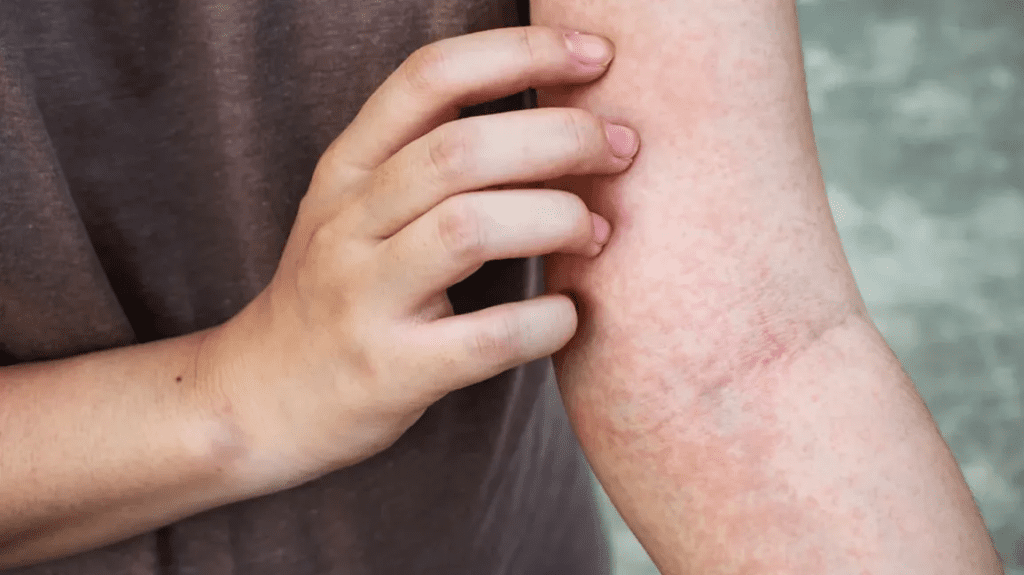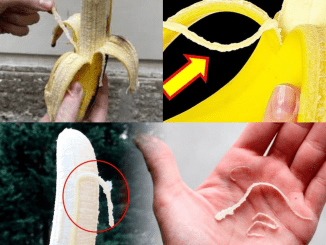Your kidneys are the body’s unsung heroes, filtering toxins, balancing fluids, and keeping your body functioning at its best. However, when your kidneys are in danger, the warning signs are often subtle and easy to ignore. Many people don’t realize they have kidney disease until it’s already advanced, making early detection crucial for preventing severe complications.
If your kidneys are struggling, your body will send distress signals. Learning to recognize these early symptoms can help you seek medical attention before it’s too late. Here are 10 warning signs that your kidneys may be in danger.
Understanding the Vital Role of Your Kidneys

Before diving into the warning signs, let’s take a moment to understand why your kidneys are so important. These bean-shaped organs sit just below your ribcage and are responsible for:
- Filtering waste from your blood
- Regulating blood pressure
- Producing essential hormones
- Balancing electrolytes like sodium, potassium, and calcium
- Controlling fluid levels in your body
When your kidneys start failing, toxins build up in your bloodstream, leading to various health issues. That’s why recognizing the early signs of kidney disease is so important.
10 Signs Your Kidneys Are in Danger
1. Changes in Urination Patterns
Your urine can tell you a lot about your kidney health. If you notice any of the following, it might be a red flag:
- Increased frequency of urination, especially at night
- Foamy or bubbly urine, indicating protein leakage
- Dark or bloody urine, a sign of potential kidney damage
- Reduced urine output, even when drinking enough fluids
Since kidneys are responsible for producing urine, any noticeable change should not be ignored.
2. Persistent Fatigue and Weakness
Feeling constantly drained and weak? Your kidneys might be struggling.
When kidney function declines, your body cannot produce enough red blood cells, leading to anemia. This results in:
- Extreme tiredness
- Brain fog and difficulty concentrating
- Shortness of breath
If you feel exhausted all the time, despite getting enough sleep, it may be a sign of kidney disease.
3. Swelling in Your Hands, Feet, or Face
Healthy kidneys remove excess fluids and sodium from your body. When they fail to do so, fluid builds up, causing swelling (edema) in your:
- Ankles and feet
- Hands and fingers
- Face, especially around the eyes
If you notice puffiness, particularly in the morning, your kidneys could be struggling.
4. Persistent Lower Back Pain

Kidney pain is often mistaken for back pain, but there are some key differences:
- Kidney pain is usually felt on one or both sides, just below the ribcage.
- It does not get better with movement or stretching.
- It may be accompanied by fever, chills, or painful urination, suggesting an infection.
Chronic kidney disease can cause dull, persistent pain in the lower back, which shouldn’t be ignored.
5. Unexplained Weight Loss and Loss of Appetite
When kidneys fail, toxins build up in the bloodstream, leading to:
- Nausea and vomiting
- A metallic taste in the mouth
- Loss of appetite
- Rapid weight loss
If food suddenly becomes unappealing or you lose weight without trying, it could be a sign of kidney dysfunction.
6. Constant Nausea and Vomiting
Toxins accumulating in the bloodstream can irritate your digestive system, causing:
- Frequent nausea
- Vomiting, especially in the morning
- Loss of appetite
This is a common sign of advanced kidney disease, so don’t ignore it.
7. Difficulty Sleeping and Restlessness

People with kidney disease often struggle to sleep due to:
- Restless leg syndrome (RLS)
- Muscle cramps at night
- Frequent trips to the bathroom
Since your kidneys help regulate waste and fluids, poor kidney function can disrupt your sleep cycle.
8. Metallic Taste in the Mouth and Bad Breath
Ever noticed a strange taste in your mouth that won’t go away? Kidney disease can lead to:
- A persistent metallic taste
- Ammonia-like breath
- Aversion to meat and protein-rich foods
This happens because excess waste accumulates in your bloodstream, affecting your taste buds and breath.
9. Muscle Cramps and Twitching
Electrolyte imbalances, caused by failing kidneys, can disrupt nerve and muscle function, leading to:
- Painful muscle cramps
- Uncontrollable muscle twitching
- Weak, stiff muscles
This is due to low calcium, magnesium, and potassium levels in your body.
10. Constant Itchy Skin and Rashes

When your kidneys fail to remove toxins and waste, it leads to severe skin irritation. Symptoms include:
- Dry, itchy skin
- Rashes that don’t heal
- A burning or tingling sensation
This often happens in later stages of kidney disease when toxins start affecting the skin.
How to Protect Your Kidney Health
Now that you know the warning signs, let’s talk about prevention. Here’s how you can keep your kidneys healthy:
1. Stay Hydrated
Drink plenty of water to help your kidneys flush out toxins efficiently.
2. Eat a Kidney-Friendly Diet
Limit salt, processed foods, and high-protein diets, as they can stress your kidneys.
3. Control Your Blood Pressure & Blood Sugar
Diabetes and hypertension are the leading causes of kidney disease. Keep them under control!
4. Avoid Overuse of Painkillers

Long-term use of NSAIDs (like ibuprofen and aspirin) can harm kidney function.
5. Get Regular Kidney Checkups
If you have a family history of kidney disease, regular screenings are crucial for early detection.
Conclusion: Don’t Ignore the Warning Signs
Your kidneys play an essential role in keeping you healthy. When they start to fail, your body sends warning signals—but many people ignore them. Early detection is key! If you experience any of these 10 symptoms, don’t wait. See a doctor, get tested, and take steps to protect your kidney health.
Your body is always communicating with you—listen to it! Share this article with friends and family to spread awareness and help others recognize the early signs of kidney disease.


